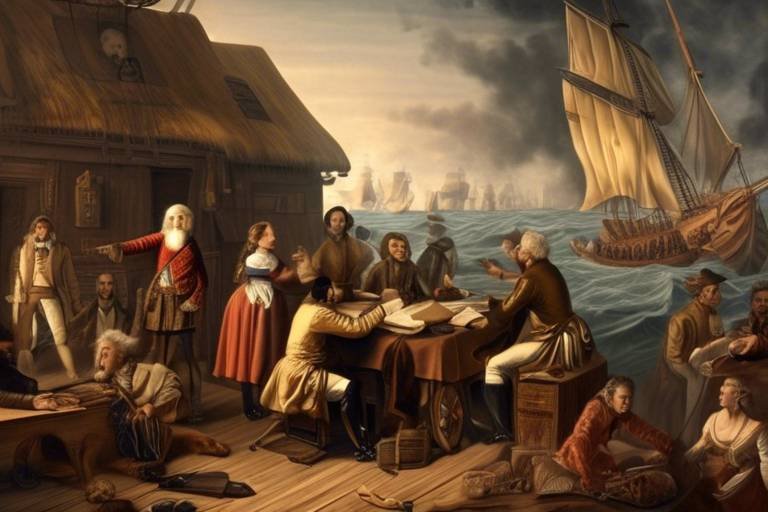The Life and Times of Julius Caesar
Julius Caesar, a name that resonates through the annals of history, stands as a towering figure in the ancient world. Born into a noble family, Caesar's early years were marked by ambition and a thirst for power. His rise to prominence was not a mere stroke of luck but a result of his strategic military conquests and astute political maneuvers.
As a military leader, Caesar was unmatched in his time. His campaigns in Gaul, Britain, and Egypt showcased his brilliance on the battlefield and solidified his reputation as a conqueror. Through his military prowess, Caesar expanded the borders of the Roman Empire, bringing new territories under Roman rule and establishing his legacy as a formidable commander.
However, Caesar's ambitions extended beyond the battlefield. He was a visionary leader who sought to reform the political landscape of Rome. His dictatorship perpetuo, though controversial, brought about significant changes in the governance structure of the Roman Republic. Caesar's policies aimed at centralizing power and streamlining administration, paving the way for a new era in Roman politics.
Yet, with great power comes great opposition. The conspiracy to assassinate Julius Caesar shook the foundations of Rome and plunged the city into chaos. The aftermath of his death saw a power struggle among competing factions, leading to a period of uncertainty and political turmoil.
Julius Caesar's influence, however, transcended his time. His legacy left an indelible mark on Roman art, literature, and architecture, shaping the cultural landscape of the ancient world. Even in modern times, Caesar's name evokes images of grandeur and power, reminding us of the enduring impact of his reign.
From Shakespeare's immortal play to Hollywood blockbusters, Julius Caesar's character has been reimagined and reinterpreted in various forms of media. His larger-than-life persona continues to captivate audiences, showcasing the timeless appeal of his story.
Historians have long debated the life and achievements of Julius Caesar, offering differing perspectives on his legacy. From ancient accounts to modern interpretations, the historiography of Caesar's life provides a rich tapestry of narratives that shed light on the complexities of his reign.
Today, Julius Caesar's leadership style and political strategies remain relevant in contemporary discourse. His lessons in governance, ambition, and power continue to inspire leaders and scholars alike, serving as a timeless reminder of the complexities of leadership in a changing world.

Early Life and Rise to Power
Exploring the fascinating life, achievements, and legacy of Julius Caesar, one of ancient Rome's most influential figures who played a crucial role in the transformation of the Roman Republic into the Roman Empire.
Julius Caesar, born in 100 BC into a patrician family, experienced a childhood marked by the political turmoil of Rome. His early years were shaped by the power struggles within the Roman Senate and the military campaigns that defined the era. Despite facing challenges, Caesar demonstrated remarkable ambition and leadership qualities from a young age.
As he entered adulthood, Caesar embarked on a military career that would pave the way for his rise to power. Through his military successes in various campaigns, including the Gallic Wars, Caesar gained widespread popularity and garnered significant support among the Roman populace. His strategic brilliance and charismatic persona set him apart as a formidable force in Roman politics.
Utilizing his military achievements as a stepping stone, Caesar skillfully navigated the complex web of Roman politics, forming alliances and coalitions to strengthen his position. Through astute political maneuvers and calculated decisions, Caesar steadily climbed the ranks of power, eventually ascending to the position of consul, the highest office in the Roman Republic.
Caesar's ascent to prominence was not without challenges and adversaries. His rivalry with Pompey the Great and other political opponents posed significant threats to his ambitions. However, Caesar's unwavering determination and tactical acumen allowed him to outmaneuver his foes and consolidate his grip on power.
By the mid-40s BC, Julius Caesar had firmly established himself as a dominant figure in Roman politics, wielding unprecedented authority and influence. His remarkable journey from humble origins to the pinnacle of power exemplified his extraordinary rise to prominence and set the stage for his transformative impact on the Roman Republic.
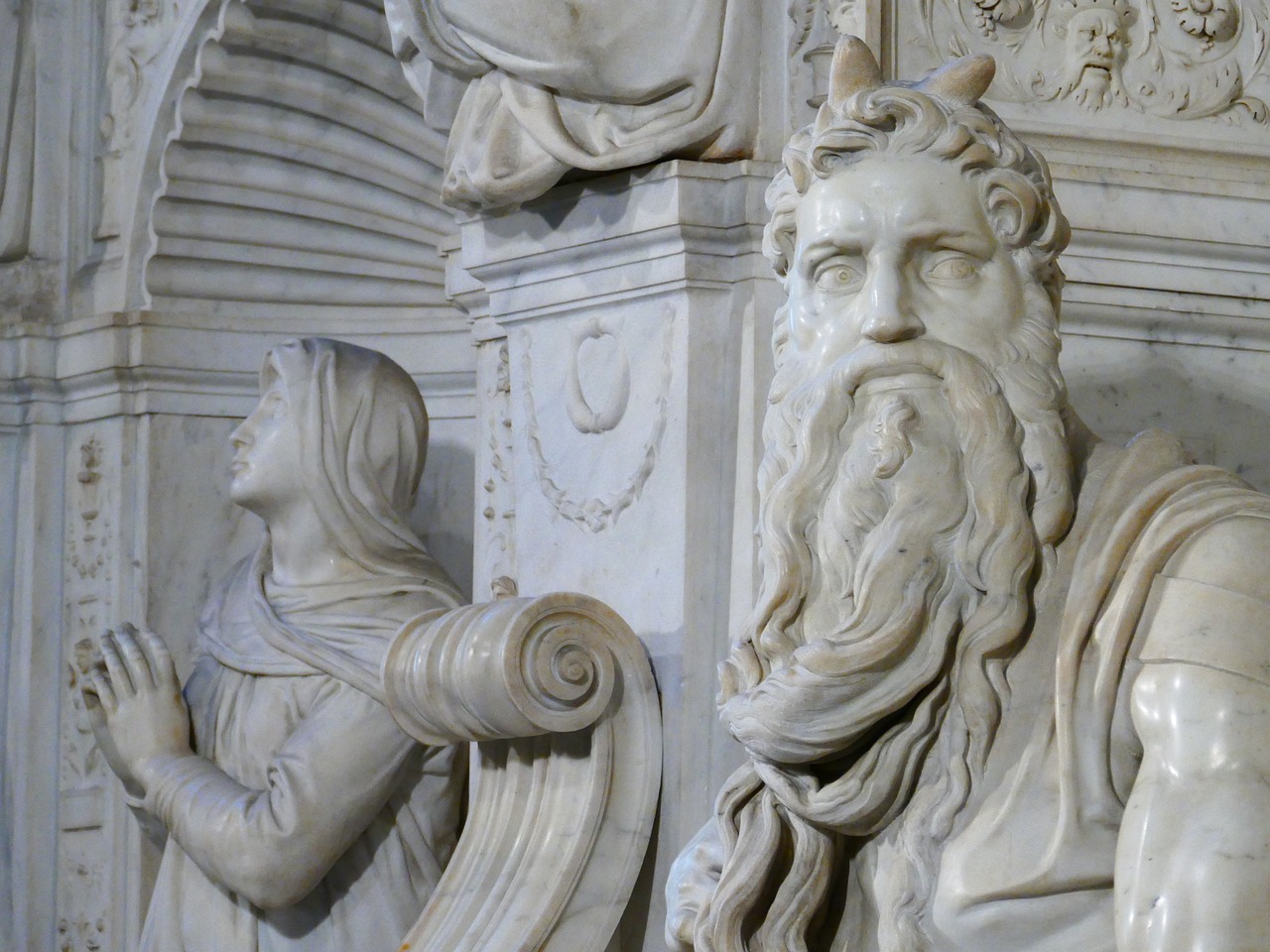
Military Campaigns and Conquests
Exploring the fascinating life, achievements, and legacy of Julius Caesar, one of ancient Rome's most influential figures who played a crucial role in the transformation of the Roman Republic into the Roman Empire.
Julius Caesar's military campaigns were marked by strategic brilliance and decisive victories that shaped the course of history. His conquests in Gaul, Britain, and Egypt solidified his reputation as a formidable military leader.
Caesar's military strategies were characterized by innovation and adaptability, enabling him to outmaneuver his opponents and secure significant territorial gains for Rome. His conquest of Gaul, known for its fierce tribes and challenging terrain, showcased his tactical acumen and ability to command loyalty from his troops.
In Britain, Caesar undertook a daring expedition to establish Roman presence on the island, further expanding the reach of the empire. His encounters with the native Britons and the challenges of unfamiliar territory tested his leadership skills, yet he emerged victorious, adding another conquest to his list of achievements.
The conquest of Egypt, with its rich cultural heritage and strategic importance, demonstrated Caesar's diplomatic finesse alongside his military prowess. By aligning himself with Cleopatra, Caesar secured his position in the region and solidified Rome's influence in the Mediterranean.
Through his military campaigns and conquests, Julius Caesar not only expanded the borders of the Roman Empire but also showcased his ability to inspire loyalty, adapt to diverse challenges, and leave a lasting legacy on the world stage.
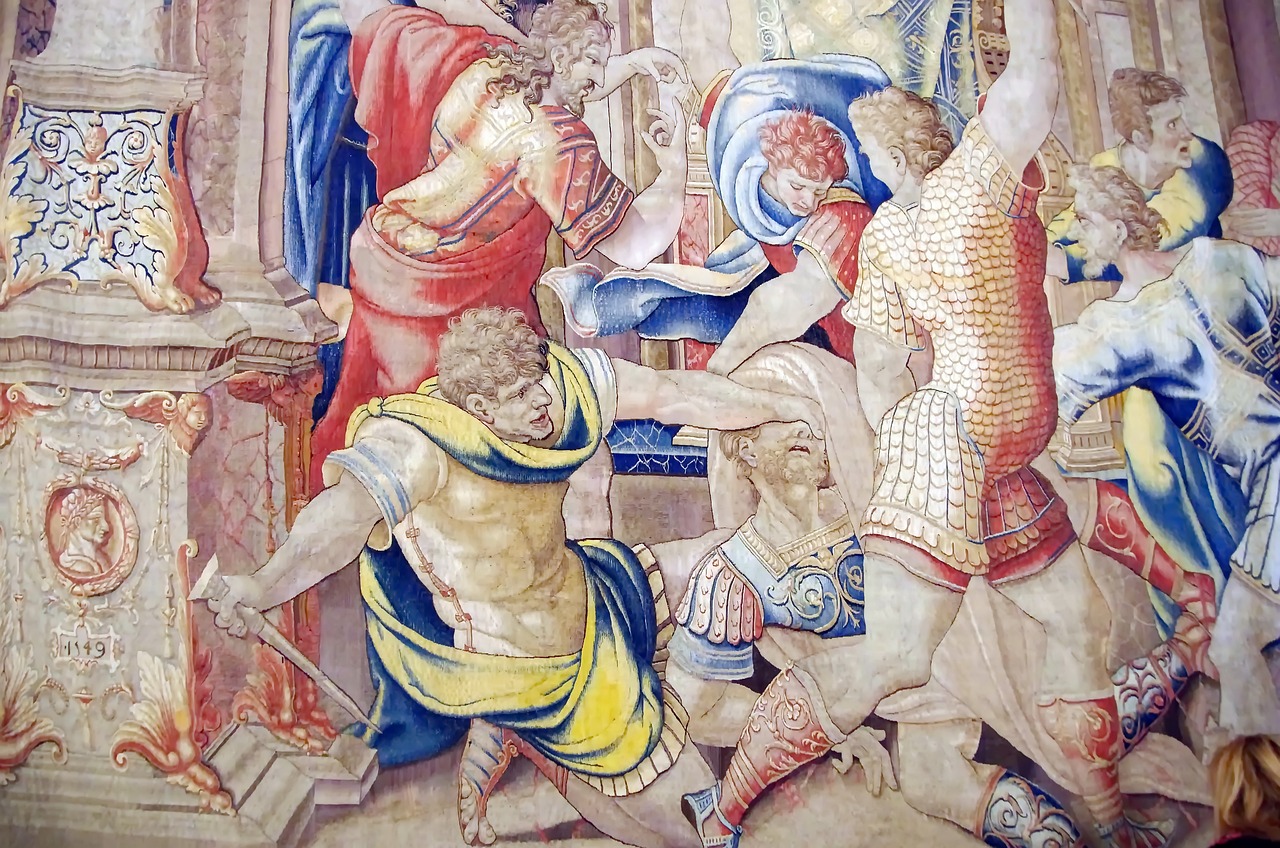
Political Reforms and Dictatorship
Exploring the fascinating life, achievements, and legacy of Julius Caesar, one of ancient Rome's most influential figures who played a crucial role in the transformation of the Roman Republic into the Roman Empire.
Julius Caesar's political reforms marked a significant shift in the governance of the Roman Republic. Upon his rise to power, Caesar implemented various reforms aimed at centralizing authority and strengthening his control over the state. One of his notable actions was the reorganization of the calendar, which resulted in the Julian calendar that we still use today. This reform not only improved the accuracy of timekeeping but also symbolized Caesar's influence over Roman society.
Furthermore, Caesar's appointment as dictator perpetuo, or dictator in perpetuity, granted him unprecedented authority over Rome. This position allowed Caesar to make decisions without the need for Senate approval, effectively concentrating power in his hands. Despite facing opposition from traditionalists who feared the erosion of the Republic's institutions, Caesar's dictatorship brought stability and efficiency to Roman governance.
Under Caesar's rule, he enacted policies aimed at addressing social and economic inequalities, such as land redistribution and debt relief for the poor. These reforms endeared Caesar to the common people, who saw him as a champion of their rights and interests. However, his authoritarian style of leadership and disregard for traditional checks and balances raised concerns among the Roman elite, culminating in a conspiracy to assassinate him.
Following Caesar's assassination, the power vacuum left by his death plunged Rome into chaos and uncertainty. The struggle for control between his supporters and opponents led to a series of civil wars that ultimately paved the way for the rise of the Roman Empire under Caesar's adopted heir, Octavian (later known as Augustus). Despite his controversial legacy, Julius Caesar's dictatorship left a lasting impact on the evolution of Roman governance and the transition from Republic to Empire.
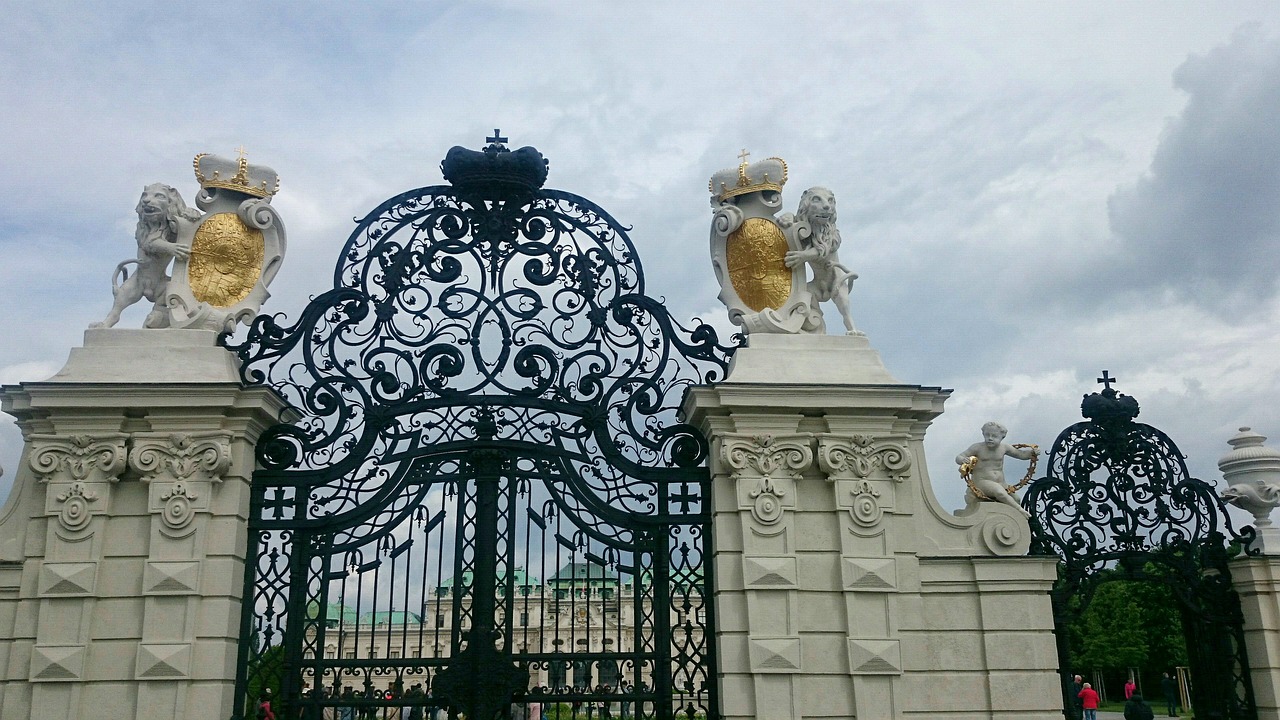
Assassination and Aftermath
The assassination of Julius Caesar on the Ides of March, March 15, 44 BC, marked a pivotal moment in Roman history. A group of senators, including Brutus and Cassius, conspired to assassinate Caesar, fearing his growing power and the potential end of the Roman Republic. The fatal attack took place in the Theatre of Pompey, where Caesar was stabbed multiple times, succumbing to his wounds. The aftermath of Caesar's assassination plunged Rome into chaos and uncertainty, triggering a power struggle among political factions vying for control.
Following Caesar's death, his loyal supporters, led by Mark Antony, sought retribution against the conspirators. This led to a series of civil wars, including the famous Battle of Philippi in 42 BC, where Brutus and Cassius were defeated. The power vacuum left by Caesar's demise ultimately paved the way for the rise of Octavian, Caesar's adopted heir and later known as Augustus, who would become the first Roman Emperor.
The assassination of Julius Caesar not only ended the life of a charismatic and ambitious leader but also brought about significant changes in the Roman political landscape. It marked the transition from the Roman Republic to the Roman Empire, as the Republic's institutions struggled to maintain stability in the face of mounting internal conflicts and power struggles. Caesar's death served as a catalyst for the downfall of the Republic and the rise of autocratic rule under the emperors.
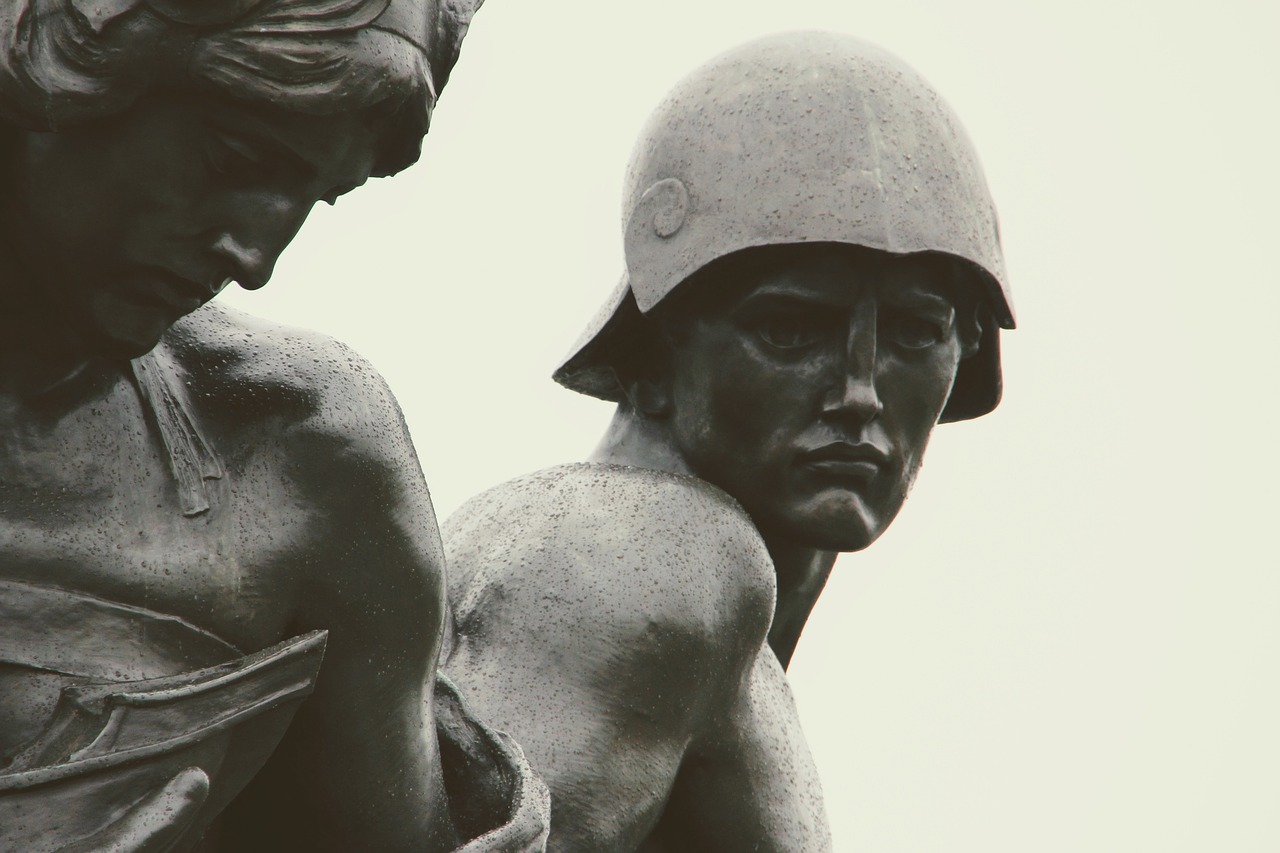
Julius Caesar's Cultural Impact
Julius Caesar's cultural impact reverberates through the annals of history, transcending his political achievements to leave an indelible mark on Roman art, literature, and architecture. His patronage of the arts and architectural projects reshaped the aesthetic landscape of Rome, ushering in an era of grandeur and opulence that defined the city's visual identity for centuries to come.
One of the most significant cultural contributions of Julius Caesar was his support for Roman literature. As a prolific writer himself, Caesar's literary works, including his commentaries on the Gallic Wars, not only served as historical records but also inspired generations of writers and poets. His eloquence and rhetorical prowess influenced the development of Latin literature and rhetoric, setting a standard for literary excellence that endured beyond his time.
Furthermore, Julius Caesar's architectural projects, such as the construction of the Forum Julium and the renovation of public spaces in Rome, transformed the city into a showcase of imperial power and architectural innovation. His architectural legacy symbolized the fusion of political authority with artistic expression, establishing a visual language that communicated the might and majesty of the Roman Empire.
In addition to his direct contributions to art and literature, Julius Caesar's cultural impact can be seen in the enduring themes and motifs that permeate Western culture. The image of Caesar as a charismatic leader, a military genius, and a tragic hero has inspired countless artists, writers, and filmmakers throughout history. His assassination, immortalized in Shakespeare's play "Julius Caesar," continues to captivate audiences and provoke contemplation on power, betrayal, and ambition.
Moreover, the legacy of Julius Caesar extends beyond the realm of art and literature to influence political thought and governance. His consolidation of power, populist appeal, and controversial reign have sparked debates on leadership, democracy, and the nature of authority. The echoes of Caesar's political legacy can be heard in modern discussions on executive power, constitutional reform, and the balance between individual liberty and state control.
In conclusion, Julius Caesar's cultural impact is a testament to the enduring power of his legacy, which transcends time and geography to shape the collective imagination of humanity. From the marble busts of ancient Rome to the silver screen of Hollywood, Caesar's presence looms large, reminding us of the complexity and charisma of one of history's most enigmatic figures.
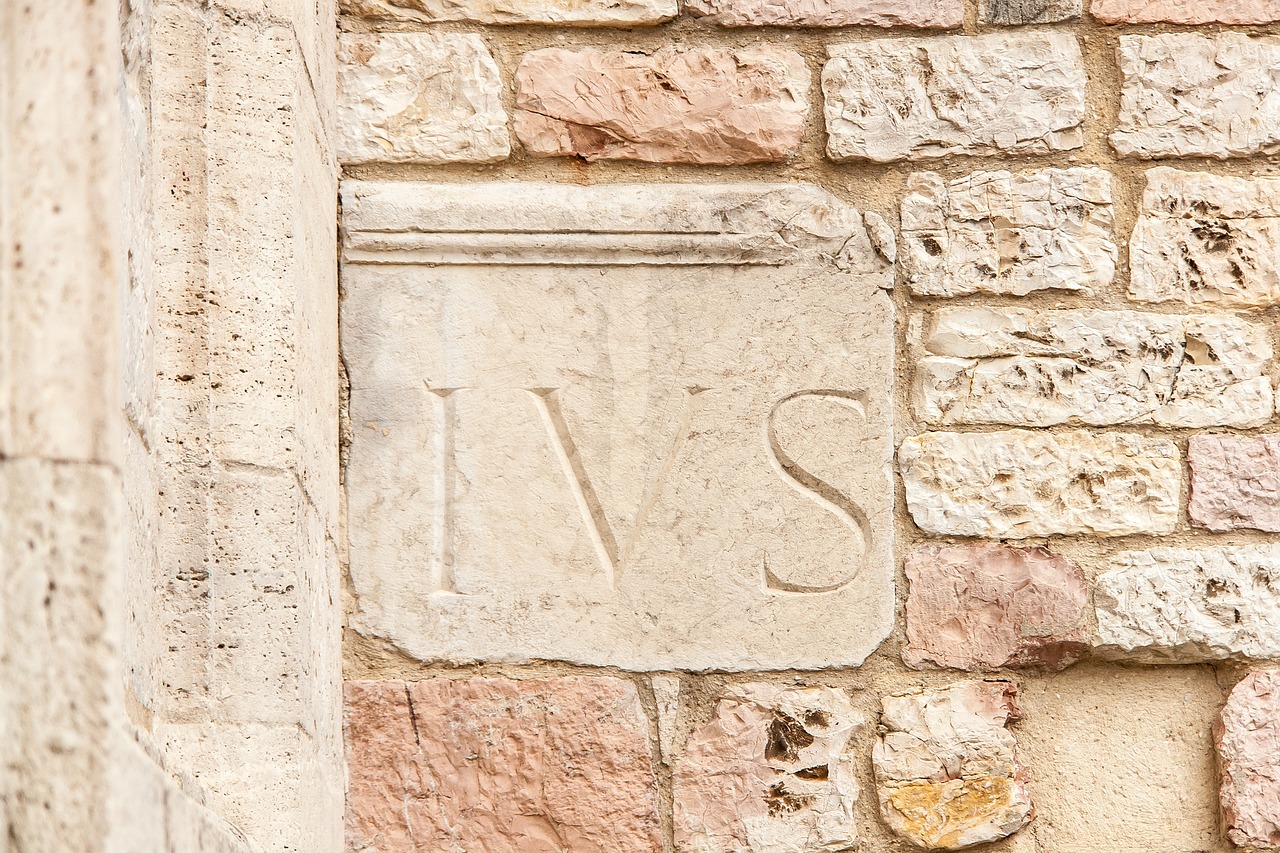
Julius Caesar in Popular Culture
Julius Caesar, a historical figure of immense significance, has transcended the confines of ancient Rome to become a prominent figure in popular culture. His larger-than-life persona, filled with ambition, betrayal, and tragedy, has captured the imagination of artists, writers, and filmmakers for centuries. In literature, Shakespeare's iconic play "Julius Caesar" immortalizes the political intrigue and personal drama surrounding Caesar's assassination. The play delves into themes of power, loyalty, and the consequences of unchecked ambition, resonating with audiences across generations.
Furthermore, in the realm of theater, Julius Caesar's story has been adapted and reinterpreted in various forms. From traditional stage productions to avant-garde adaptations, the character of Caesar continues to be a source of inspiration for directors and actors seeking to explore themes of leadership, betrayal, and the complexities of human nature. The enduring popularity of these adaptations speaks to the timeless appeal of Caesar's narrative and the universal themes it embodies.
In the world of film, Julius Caesar has been portrayed by numerous actors, each bringing their own interpretation to the role. Whether depicted as a charismatic leader, a ruthless dictator, or a tragic hero, these cinematic portrayals offer diverse perspectives on Caesar's character and legacy. From epic historical dramas to modern retellings set in contemporary contexts, filmmakers continue to find new ways to engage with Caesar's story and its relevance to contemporary audiences.
Moreover, Julius Caesar's influence extends beyond the realms of literature and film into other forms of media and popular culture. His image has been immortalized in art, with countless paintings and sculptures depicting his likeness and capturing the essence of his leadership and charisma. Additionally, references to Caesar abound in music, television, and even video games, showcasing the enduring impact of his legacy on modern popular culture.
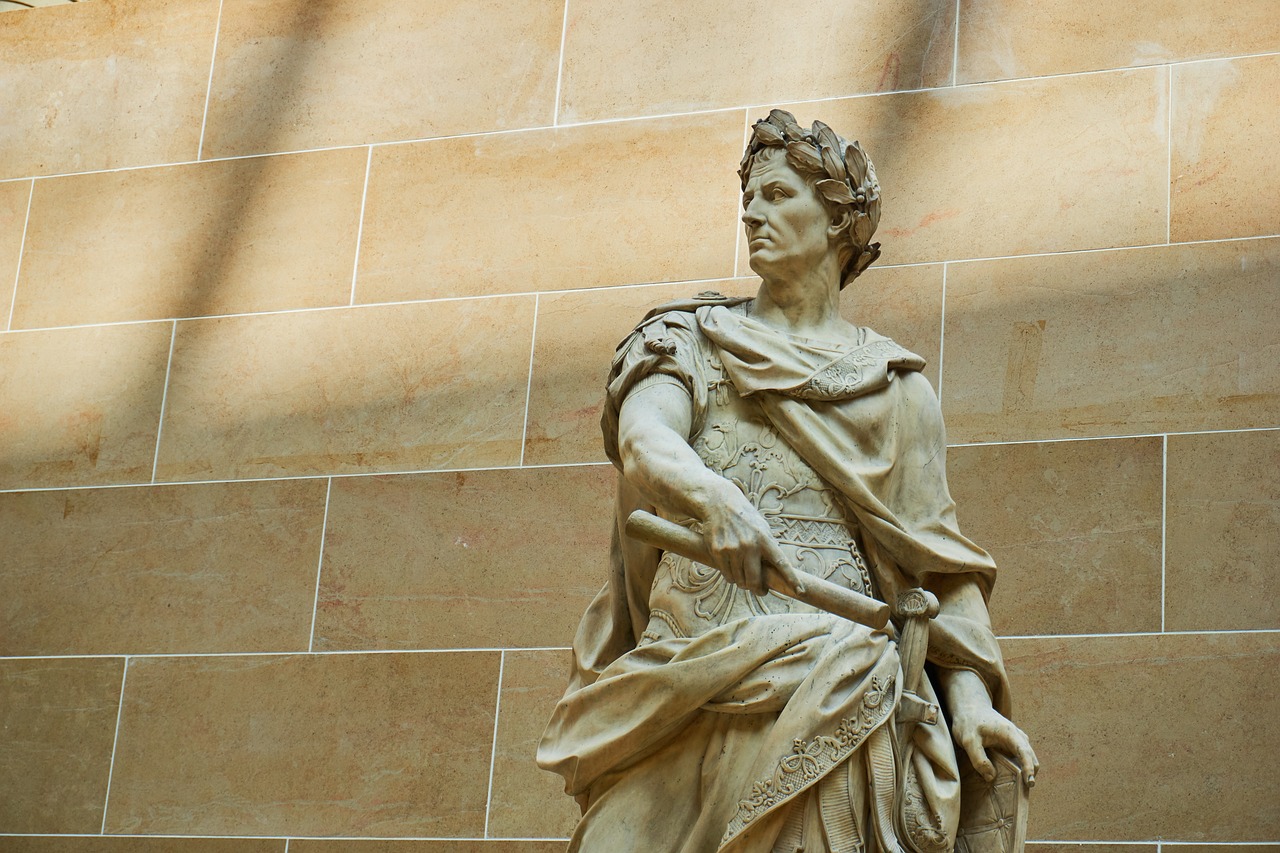
Historiography of Julius Caesar
Julius Caesar's life and deeds have been extensively documented by ancient and modern historians, providing a rich tapestry of historical narratives and interpretations. From contemporary accounts by figures like Cicero and Suetonius to modern scholarly works, the historiography of Julius Caesar offers a diverse range of perspectives on his character, achievements, and impact on Roman history.
Historians such as Plutarch and Appian have contributed detailed biographies that delve into Caesar's military campaigns, political maneuvers, and personal life, shaping his image as a formidable leader and a controversial figure in Roman politics. These accounts often highlight Caesar's ambition, strategic brilliance, and complex relationships with his allies and adversaries.
Moreover, the conflicting portrayals of Caesar in historical sources reflect the political biases and agendas of different writers throughout history. While some view Caesar as a champion of the people and a visionary reformer, others depict him as a power-hungry dictator who undermined the Roman Republic's democratic institutions.
Modern historians continue to reassess Julius Caesar's legacy, drawing on archaeological discoveries, comparative analysis of ancient texts, and interdisciplinary research to offer new insights into his life and times. The ongoing debates surrounding Caesar's military achievements, political reforms, and ultimate impact on Roman history underscore the enduring fascination with this enigmatic historical figure.

Contemporary Relevance of Julius Caesar
Julius Caesar's leadership and political strategies continue to resonate in contemporary society, serving as a timeless source of inspiration and debate. His ability to navigate complex political landscapes and consolidate power has drawn parallels to modern-day leaders, sparking discussions on effective governance and leadership styles. Caesar's utilization of propaganda, military prowess, and strategic alliances offers valuable lessons for leaders across various fields, from politics to business.
Moreover, Caesar's legacy prompts reflection on the delicate balance between ambition and public service, as well as the ethical implications of wielding authority. His rise to power through populist appeal and manipulation of institutional frameworks raises questions about the nature of democracy, the rule of law, and the responsibilities of those in positions of influence. By examining Caesar's actions and decisions, contemporary thinkers can engage in critical discussions on the dynamics of power, the limits of authority, and the impact of individual agency on collective destinies.
Furthermore, the enduring fascination with Julius Caesar in popular culture reflects society's enduring interest in charismatic leaders, political intrigue, and the complexities of human nature. From Shakespearean plays to modern adaptations in film and literature, Caesar's character serves as a symbol of ambition, betrayal, and the fragility of power. His story continues to captivate audiences worldwide, inviting reflection on themes of loyalty, betrayal, and the consequences of unchecked ambition.
As contemporary society grapples with issues of governance, leadership, and societal transformation, the figure of Julius Caesar offers a compelling lens through which to examine the enduring complexities of human behavior and the enduring legacy of historical figures. By studying Caesar's life and legacy, we can gain valuable insights into the nuances of power dynamics, the impact of individual decisions on collective outcomes, and the enduring relevance of historical lessons in shaping our present and future.
Frequently Asked Questions
- Who was Julius Caesar?
Julius Caesar was a renowned Roman general, statesman, and dictator who played a significant role in the transformation of the Roman Republic into the Roman Empire. His military conquests, political reforms, and leadership have left a lasting impact on Western history.
- What were Julius Caesar's major accomplishments?
Julius Caesar achieved numerous feats during his lifetime, including military victories in Gaul, Britain, and Egypt, political reforms that centralized power in Rome, and the establishment of himself as dictator perpetuo. His legacy as a military genius and political strategist endures to this day.
- Why was Julius Caesar assassinated?
Julius Caesar was assassinated by a group of Roman senators who feared his growing power and authoritarian rule. The conspirators believed that Caesar's dictatorship threatened the traditional Roman Republic and sought to preserve the republic's democratic institutions by eliminating him.
- How did Julius Caesar influence Western culture?
Julius Caesar's influence on Western culture is profound, seen in his portrayal in literature, art, and political thought. His name has become synonymous with power, ambition, and betrayal, shaping narratives in various forms of media and contributing to the enduring fascination with his life and legacy.


















